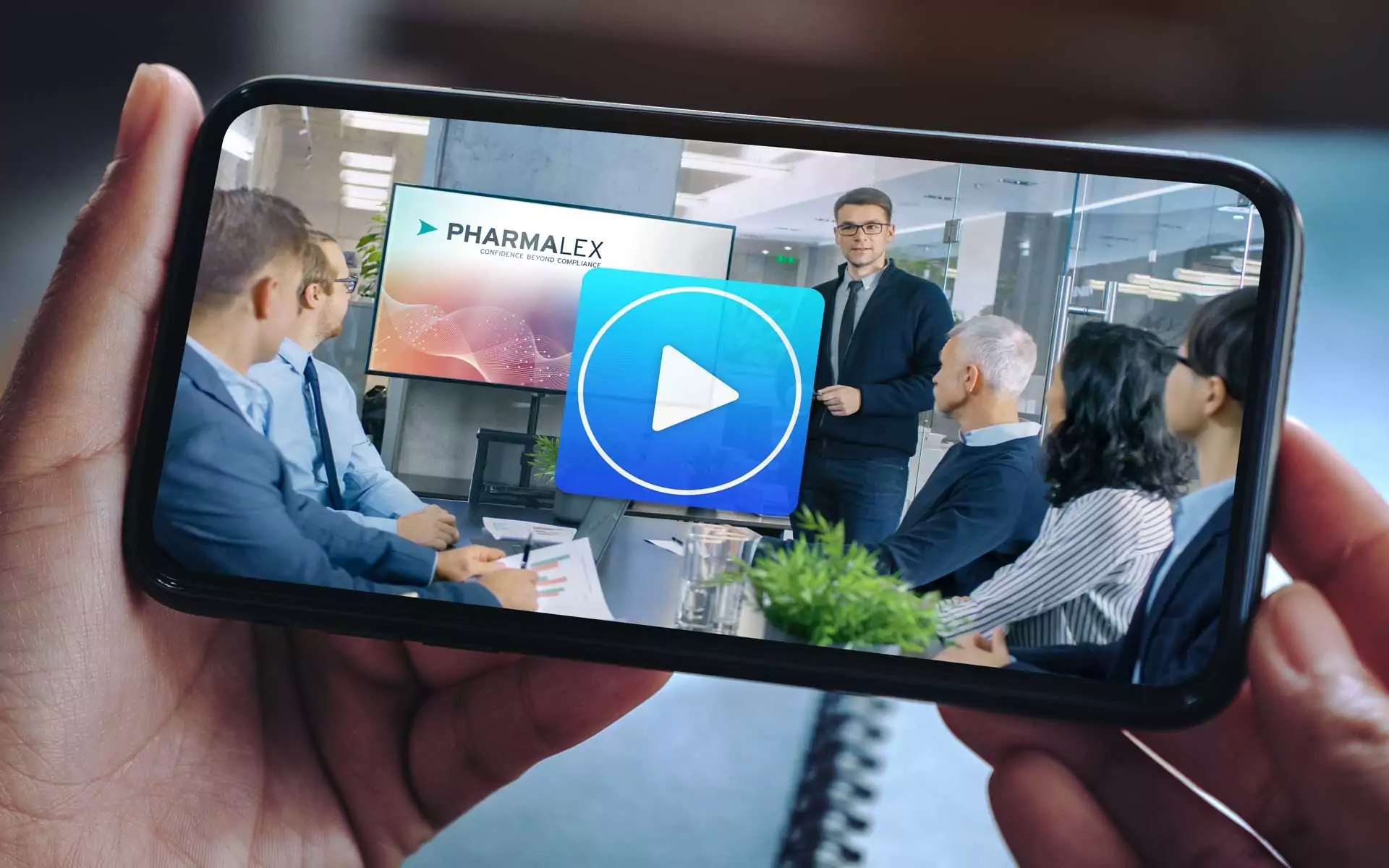Amid uncertainty in global markets, merger and acquisition activity requires good planning and a clear strategy for navigating regulatory and commercial hurdles. New companies (NewCos), backed by private equity (PE) firms, need to move quickly to secure portfolios that demonstrate potential—but without cutting corners. Strategic due diligence is key to ensuring speed does not compromise the outcome.
NewCos are typically comprised of former pharmaceutical senior executives whose goal is to establish virtual companies, often with the objective of acquiring a mature portfolio with an eye to making efficiency gains. This setup brings both opportunities and challenges.
On the one hand, these executives bring a wealth of industry and leadership experience, greater agility due to the lean structure of the NewCo, and the funding to support asset development and commercialization.
On the other hand, that lean structure can translate into liabilities if not carefully managed. The tendency to set up NewCos as virtual organizations means they lack the foundational infrastructure any pharmaceutical company needs to operate, including the legally required systems, or essential expertise and the workforce in areas such as regulatory strategy, quality, pharmacovigilance, and CMC (chemistry, manufacturing, and controls).
Understanding the challenges
Without that organizational depth, they also lack the global reach needed for visibility into the complex and vastly differing regulatory environment in other markets. NewCos, by virtue of their size and structure, tend to focus on selected regions. However, success lies in market diversification, which requires an understanding of clinical trial and regulatory requirements across all geographies.
Similarly, during spin offs, it is not uncommon for a small acquiring company to lack the scientific expertise needed to carry out proper due diligence of early-stage assets and portfolios. This spans everything from understanding and interpreting scientific results in preclinical and early clinical trials, conducting statistical analytical assessments to determine potential as well as risks, regulatory expertise to assess any issues likely to be faced when engaging with health authorities, as well as any potential market access hurdles.
Regulatory and market expertise is imperative to a successful M&A since jurisdictional differences – such as U.S. vs. EU regulatory expectations, expedited approval pathways, and health technology assessment (HTA) frameworks – could materially affect development, timing, and valuation.
Minding the knowledge gaps
By leveraging their industry and business acumen, backed by PE funding, NewCos are usually well positioned to make astute investments. Nevertheless, an independent opinion to the discussion with investors and support with board-level discussions can help NewCos to gain the financial backing needed to acquire a product or portfolio.
At an operational level, NewCos often need expert support for regulatory, pharmacovigilance, quality, and other key activities as well as deeper insight into the acquisition targets and potential global strategies to better understand the value and potential risks.
Due diligence of the portfolio in terms of compliance, dossier quality, safety evaluation etc. needs to be done within the shortest timeframe with experienced experts for the different topics to be able to take an educated decision on Yes or No bidding for the target,
If the target acquisition is a mature portfolio that is marketed in multiple countries, the NewCo must be aware of potential minefields. One of the most common, in our experience, is the time needed to plan out license transfers since there are vast differences between each region. In Europe, for example, a license transfer can take an average of a few weeks or months but in other markets, it might be up to a year.
Knowledge of cross-jurisdictional expectations and local prerequisites of the targeted region for the portfolio requires in-depth local knowledge, not only of the written legislation and guidelines but also of current expectations regarding documentation and processes.
Uncovering the value through due diligence
A thorough gap analysis is also invaluable during negotiations to determine an adequate price, manage any potential risk, and clarify in the contract which party – the acquirer or the seller – will take financial and operational responsibility for fixing the gaps identified.
One common issue we see in our gap analysis is standards for clinical studies in the dossier differing across countries or changing over time. This might jeopardize the chance of approval in additional regions and have an impact on the value of the product or portfolio.
Other key issues to be aware of are safety warnings or indication restrictions for products or active ingredients based on agencies’ pharmacovigilance measures, which could impact on the overall value and should therefore be thoroughly checked.
Knowing the compliance status of all manufacturing sites for active ingredients and the full drug product is important to understand the robustness of the supply chain for an asset. Our recommendation is to check the inspection and approval status of relevant manufacturers to understand the risks for business continuity for products on the market or for extending geographic reach.
Acquisition of early assets should be thoroughly checked against the development strategy, early clinical results, GXP of relevant development data, and potential discussions with regulatory agencies.
A deep dive into all these issues by a wide variety of experts will help NewCos to avoid potential issues such as an unexpectedly long development program, issues arising in Phase 3 clinical trials, inconsistencies in early data, or costly manufacturing processes that would make the product uncompetitive.
Most NewCos are looking to establish virtual companies and, as such, do not plan to take over existing staff when acquiring portfolios, or they seek partners and potential royalties in some regions. If product knowledge is not retained, critical know-how may be compromised and understanding of the operational requirements must be sought elsewhere.
While the virtual company will ultimately outsource those operational activities, lack of that expertise can undermine the due diligence process and underscores the importance of independent expert opinion to evaluate asset expectations. An assessment would not only evaluate the overall M&A but also provide detailed portfolio analysis to determine post-acquisition sustainability, such as which packages to keep on the market and which to retire based on historical data.
Conclusion: The true value of due diligence
Due diligence is not just about checking boxes. It’s about identifying clinical, regulatory, CMC, compliance and safety red flags that could derail a deal post-acquisition. It requires intricate knowledge of different requirements and expectations in the major markets as well as other smaller markets. PE-backed companies benefit most when they engage multi-disciplinary teams who can spot risk intersections early—before capital is committed.
About the authors:
Katharina Rönnpagel, Ph.D., is the Service Solution Lead for Business and Portfolio Merger and Acquisition at PharmaLex and oversees regional regulatory affairs teams in Europe. She supports clients to identify and manage the critical path and ensure business continuity during divestments, acquisitions, and other M&A-related tasks. With more than 25 years of experience in regulatory affairs, Katharina has been responsible for a broad range of regulatory activities, product types, and regional requirements in different regions.
Eva Keck is Vice President at PharmaLex. She has more than 20 years of experience in the pharmaceutical and biotechnology industry. Eva has worked at all levels – from operational product management, launching multiple products in the EU for pharmaceutical companies during her time at large pharma and biotech organizations. Today, she supports clients globally who are looking to enter key target markets to successfully launch and commercialize products.









